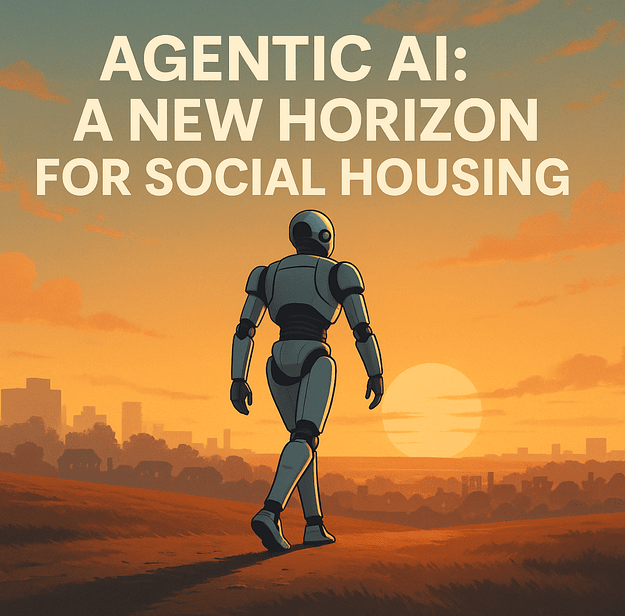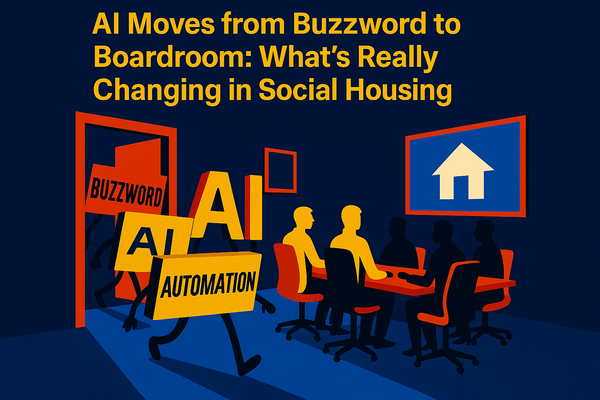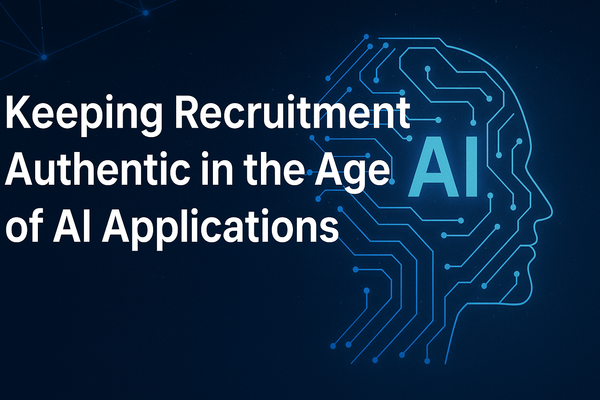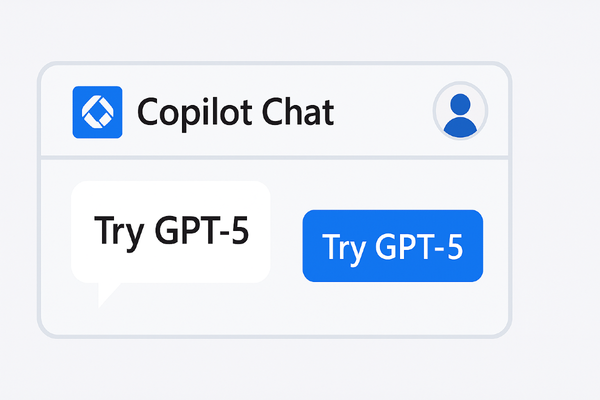Agentic AI in Social Housing: Why It Matters and Where It’s Headed

Intro:
The AI conversation is moving fast, but some shifts are too important to ignore. One of them is the rise of Agentic AI. If you're a housing professional working in operations, compliance, finance, or frontline services, understanding this development could soon be as essential as knowing your KPIs.
What Is Agentic AI, and How Is It Different from Generative AI?
Most housing professionals by now have encountered generative AI — tools like ChatGPT that can draft emails, summarise documents, or produce engaging content. These systems respond to prompts, performing tasks based on the input they’re given.
But Agentic AI goes a step further.
In plain terms:
- Generative AI = “Do this specific task I’m asking for.”
- Agentic AI = “Figure out how to achieve this goal and do it.”
Agentic AI behaves more like a digital colleague or project manager, capable of:
- Setting and managing sub-goals
- Prioritising tasks
- Using external tools (e.g. databases, calendars, software platforms)
- Making decisions based on results
- Learning and improving over time
It’s not just reactive, it’s proactive.
Why This Distinction Matters for the Sector
Social landlords face increasing pressure to do more with less — from maintaining compliance to improving resident experience under tightening budgets. Agentic AI offers a pathway to operational transformation, not just task-level support.
Whereas generative AI might draft a newsletter or policy summary, agentic AI could:
- Monitor policy updates
- Flag changes relevant to your organisation
- Suggest and even implement updates to internal documents or workflows
That’s a whole new level of support.
Five Key Areas Where Agentic AI Could Transform Social Housing
Let’s break this down into familiar territory — areas you already work in daily.
1. Repairs and Maintenance
Current state:
Many DLOs and contractors still rely on static scheduling systems, with supervisors juggling labour, materials, and complaints manually.
With Agentic AI:
- Agents can continuously monitor repair requests, resource availability, and operative locations
- They can re-plan schedules in real time to reduce downtime, maximise productivity, and cut missed appointments
- They could proactively contact tenants to confirm availability or suggest better slots
Quick win:
AI agents could increase first-time-fix rates by pre-checking materials and matching operative skillsets.
2. Asset Management and Compliance
Current state:
Fire doors, electrical checks, damp and mould risk — keeping up is a full-time job. Too often, risk sits in silos or is only visible during audits.
With Agentic AI:
- Agents could scan asset databases and regulatory feeds, flagging where compliance tasks are slipping or where patterns of risk are emerging
- They could coordinate inspection schedules, generate automated alerts, and initiate remedial work orders
Quick win:
Avoid missed statutory checks or fines with AI-powered “compliance sentinels” running quietly in the background.
3. Tenant Engagement and Communication
Current state:
Contact centres field high call volumes, often for low-complexity issues. Resident queries can fall between departments or be answered inconsistently.
With Agentic AI:
- AI agents could hold multi-turn, personalised conversations with tenants via chat, email, or voice
- They could track and follow up on unresolved issues, not just log them
- They could provide consistent, policy-compliant responses, even at 2am on a Sunday
Quick win:
Use agentic bots to triage and resolve the top 10 most frequent repair queries with empathy and accuracy.
4. Finance and Rent Collection
Current state:
Income officers often work reactively, chasing arrears after issues escalate.
With Agentic AI:
- Agents can detect behavioural patterns, such as changing payment amounts or missed calls and proactively flag high-risk accounts
- They can initiate staged interventions, including reminders, benefit prompts, or tailored repayment plans
Quick win:
Reduce arrears by letting AI agents monitor accounts continuously and trigger early-stage nudges.
5. Governance, Strategy, and Decision Support
Current state:
Executive teams rely on monthly dashboards, delayed reporting, and limited bandwidth for horizon scanning.
With Agentic AI:
- AI agents can continuously digest internal and external data, highlighting anomalies or emerging risks
- They can prepare tailored briefings for board meetings or track progress against strategic KPIs
Quick win:
Create “boardroom agents” that surface insights ahead of meetings, no more scrambling for last-minute packs.
What’s the ROI of Agentic AI?
Let’s be realistic, most housing providers won’t leap into full-scale agent deployment overnight. But the early use cases, where agents improve productivity or reduce failure demand, offer clear cost-benefit signals.
Short-term ROI:
- Lower call volumes through AI triage
- Fewer missed appointments = higher productivity
- Early arrears intervention = better cashflow
Long-term strategic gains:
- Workforce augmentation, not replacement
- Compliance automation = reduced regulatory risk
- Resident trust through faster, more consistent service
Agentic AI isn’t about replacing people. It’s about freeing them up to focus on the human work that really matters.
Staying Curious Without Getting Overwhelmed
AI is moving quickly, but that doesn’t mean you have to chase every new tool or trend. What does matter is asking:
“What could this mean for us? Where would it help most? How could we trial something that makes a real difference?”
A Practical Next Step: Try a Pilot
If your organisation is ready to explore:
- Start small — pick one challenge such as missed appointments, tenant FAQs, or compliance alerts
- Use existing data — no need for complex integrations to begin
- Partner wisely — work with AI-savvy consultants who understand the sector
Final Thoughts: Keep One Eye on the Horizon
Agentic AI is more than a buzzword. It’s the next chapter in how we support communities, deliver services, and manage risk. For the UK’s social housing sector, it represents a shift from reactive firefighting to intelligent, proactive service design.
Now is the time to lean in, not with fear, but with purpose.
Stay curious. Stay practical. And above all, stay focused on what works for your people and your residents.



